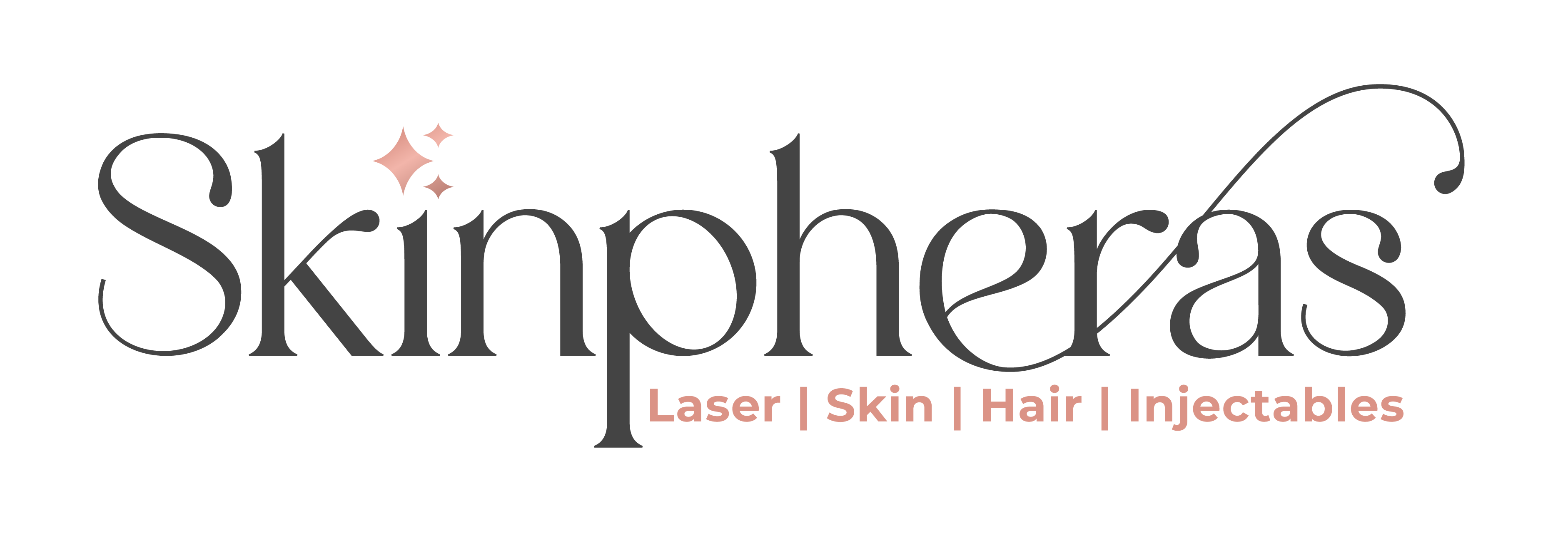
Acne is a common skin condition that affects people of all ages. While it’s often associated with adolescence, adults can also experience breakouts. Understanding the causes of acne and exploring effective treatment options can help you achieve clearer, healthier skin.
Understanding Acne
Causes of Acne:
- Excess Oil Production: Sebaceous glands produce too much oil, clogging pores.
- Dead Skin Cells: Accumulation of dead skin cells can block hair follicles.
- Bacteria: Propionibacterium acnes (P. acnes) bacteria can grow in clogged pores, causing inflammation.
- Hormones: Hormonal changes, particularly during puberty, menstruation, or stress, can trigger acne.
- Diet and Lifestyle: Certain foods and lifestyle choices can exacerbate acne.
Types of Acne
- Whiteheads: Closed clogged pores.
- Blackheads: Open clogged pores.
- Papules: Small, red, tender bumps.
- Pustules: Pimples with pus at their tips.
- Nodules: Large, painful lumps beneath the surface of the skin.
- Cysts: Painful, pus-filled lumps beneath the surface of the skin.
Effective Acne Treatments
Over-the-Counter (OTC) Treatments
- Benzoyl Peroxide: Kills acne-causing bacteria and helps remove excess oil and dead skin cells. Available in strengths ranging from 2.5% to 10%.
- Salicylic Acid: Helps exfoliate the skin and unclog pores. Commonly found in cleansers and spot treatments.
- Alpha Hydroxy Acids (AHAs): Glycolic acid and lactic acid help remove dead skin cells and reduce inflammation.
- Sulfur: Helps dry out the surface of the skin to help absorb excess oil that may contribute to acne.
Prescription Treatments
- Topical Retinoids: Tretinoin, adapalene, and tazarotene promote cell turnover and prevent clogged pores.
- Topical Antibiotics: Clindamycin and erythromycin reduce bacteria and inflammation.
- Oral Antibiotics: Doxycycline, minocycline, and tetracycline help reduce bacteria and inflammation in moderate to severe cases.
- Oral Contraceptives: For women, certain birth control pills can help regulate hormones that contribute to acne.
- Isotretinoin: A powerful oral retinoid used for severe, cystic acne that hasn’t responded to other treatments.
In-Office Treatments
- Chemical Peels: Use of a chemical solution to exfoliate and remove dead skin cells, improving acne and skin texture.
- Laser and Light Therapy: Targets bacteria and reduces oil production.
- Drainage and Extraction: Manually removing large cysts or nodules.
Lifestyle and Home Remedies
- Proper Skincare Routine:
- Cleanse your face twice a day with a gentle cleanser.
- Avoid harsh scrubs and excessive washing.
- Use non-comedogenic moisturizers and sunscreen.
- Healthy Diet:
- Reduce intake of high-glycemic foods like sugary snacks and beverages.
- Incorporate foods rich in omega-3 fatty acids, zinc, and vitamins A and E.
- Manage Stress:
- Practice stress-reducing activities like yoga, meditation, or exercise.
- Avoid Touching Your Face:
- Keep your hands away from your face to prevent the spread of bacteria and irritation.
Conclusion
Treating acne requires a combination of the right skincare products, lifestyle adjustments, and sometimes medical intervention. Consulting with a dermatologist can help you tailor a treatment plan specific to your skin type and the severity of your acne. With consistency and patience, you can achieve clearer, healthier skin.

